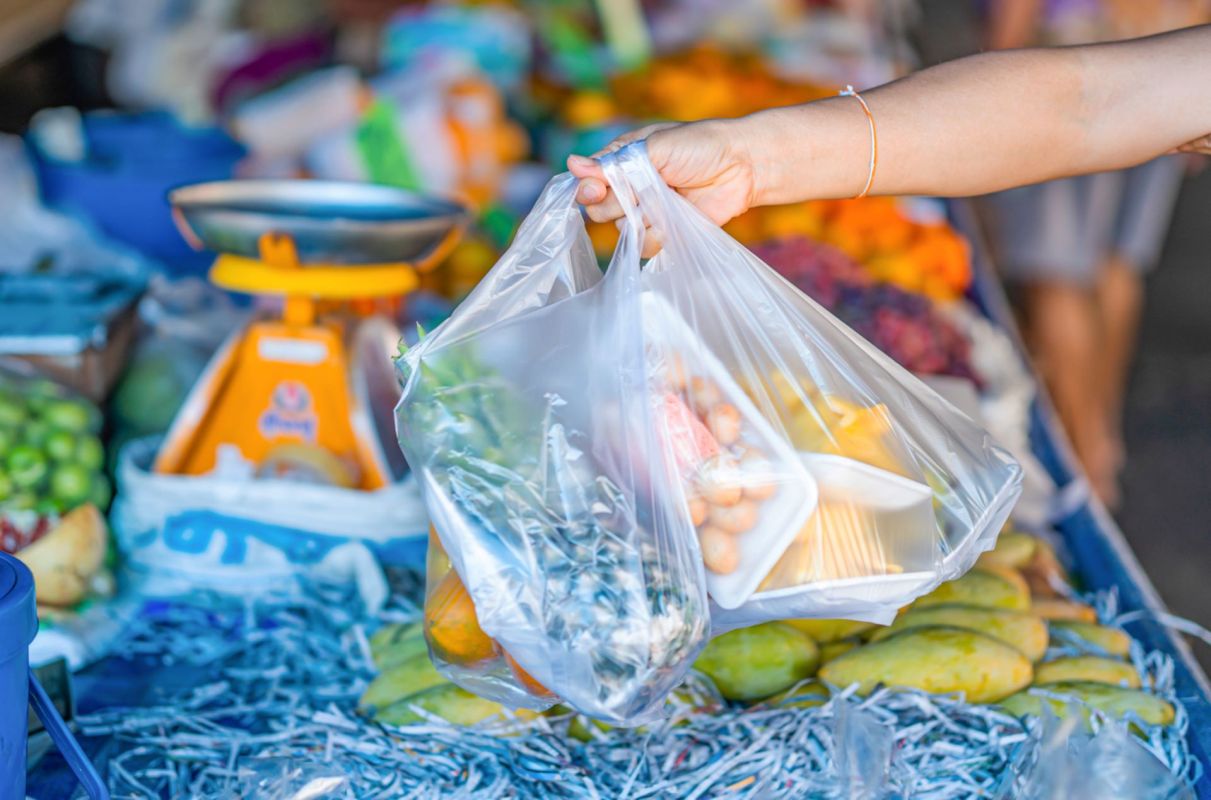The city of Calgary in Alberta, Canada, is significantly cutting down on the amount of pollution that emerges from its restaurants and grocery stores, as its ban on single-use plastic went into effect on Jan. 16.
To comply with the new law, which passed last January, grocery stores will have to impose a minimum $0.15 surcharge on customers for a paper bag or $1 for a new reusable cloth bag, with those rates rising to $0.25 and $2, respectively, in 2025. The idea is to incentivize customers to bring their own reusable bags.
Restaurants will only be allowed to provide single-use utensils if a customer requests them.
"While there is much more to be done to mitigate the climate and biodiversity crises in Calgary, this is an important step to avoiding unnecessary pollution from single-use plastics in our local environment," said Robert Tremblay, the co-chair of climate advocacy group Calgary Climate Hub.
Not everyone is pleased about the new law, however.
One business owner spoke to the Calgary Herald about the rules' downsides, threatening that they could make things more expensive for customers. "It's just another challenge I think our industry … is facing, because this obviously has to cascade down to the consumer," Karen Kho, the co-owner of a burger chain, deli cafe, and catering company in Calgary, said. "It can't just be another cost we eat."
However, Kho also noted that, "It hasn't been that hard of a transition. We've been doing this now for well over six months … just because a lot of people are already in tune with bringing their own bags."
The Calgary law is very similar to another law that passed recently in the nearby city of Edmonton.
It is a good sign for our planet that more governments are recognizing that plastic bans are necessary to curtail the amount of pollution we produce. Anywhere from 5.2 million to 13.9 million tons of plastic was making its way into the oceans per year, as of 2015, with devastating effects on marine life and a bevy of other negative environmental consequences.
Join our free newsletter for cool news and actionable info that makes it easy to help yourself while helping the planet.









